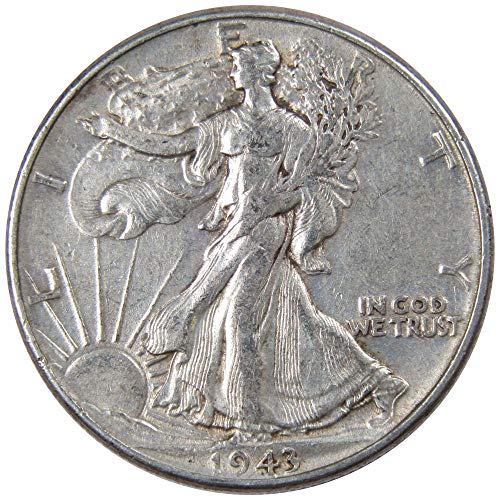Fifty-cent coins have been issued for circulation in the United States regularly since 1794. Until 1971, half dollars were made mostly or significantly of silver; since then, they have been made of a mixture of copper and nickel.
Several different designs have been used on half dollar coins, most featuring the allegorical Liberty in various poses and styles. The earliest half dollars were the silver flowing hair coins, but after only two years these were replaced with the draped bust half dollars, also made of silver.
Following draped bust coinage, the U.S. Mint released capped bust half dollars from 1807 to 1839, featuring Liberty in profile and wearing a cap. In 1839, the seated Liberty design took over American coins, and the fifty-cent piece showed, as did other denominations, Liberty seated on a rock with a shield and a staff.
More on MegaMinistore: Asia rare coins for collectors and other buyers
Charles Barber designed the replacement for seated Liberty half dollars in 1892, and these coins showing Liberty in profile are now universally known as Barber half-dollars. This design did not last long, though; from 1916 to 1947 American half dollars featured a striking walking Liberty design, whose details gave it an unprecedented loveliness but made it difficult to manufacture.
Benjamin Franklin was honored on a newly-designed half dollar in 1948; this would presumably have continued for a few decades at least, but after the assassination of John F. Kennedy in 1963, the mourned President’s profile replaced Franklin’s on the half dollars of 1964 and beyond. It was during this time that silver was discontinued in most U.S. coins, including Kennedy half-dollars.










